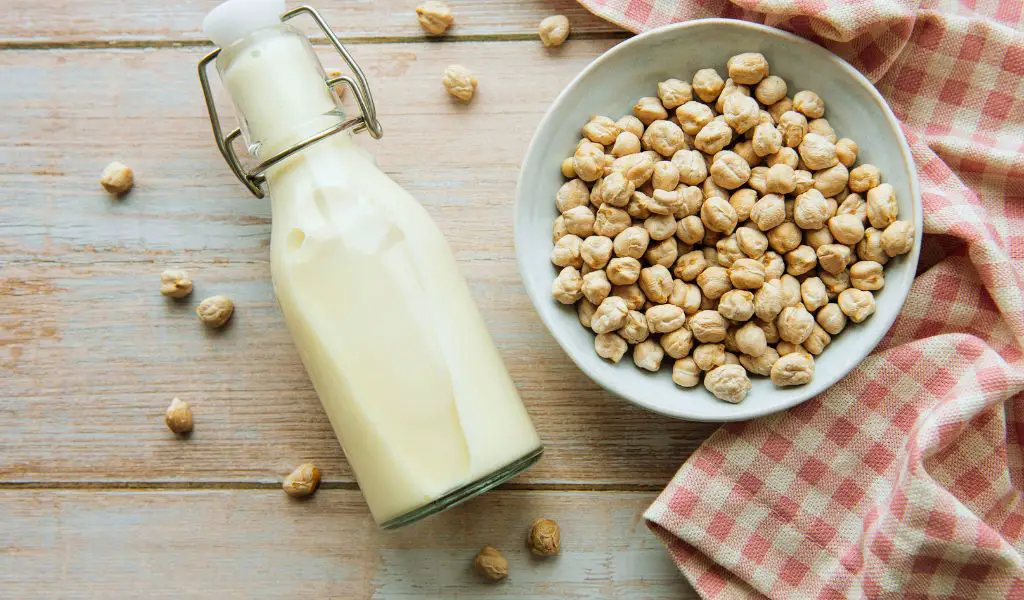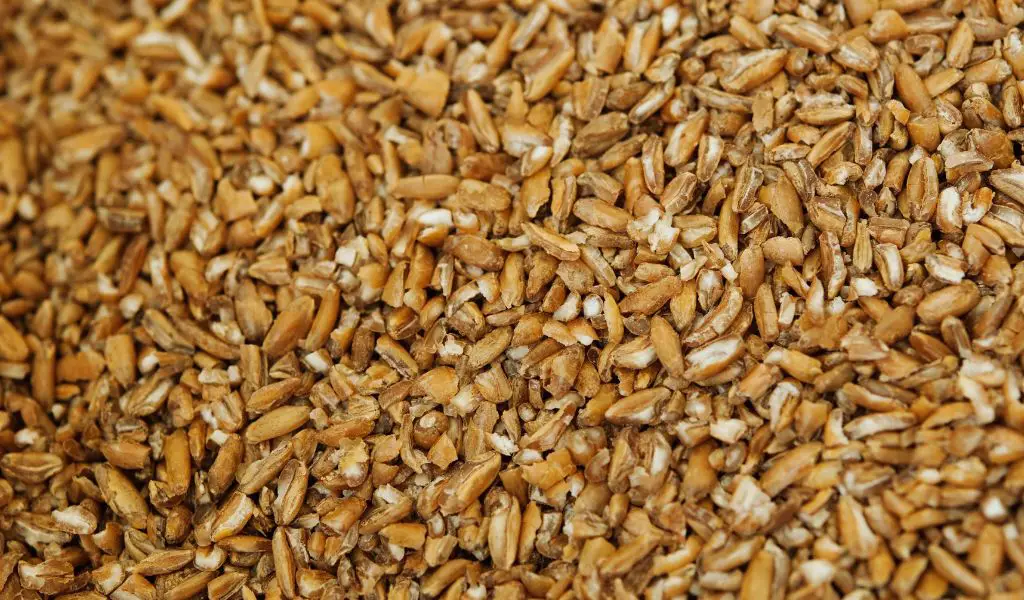Yes, dogs can eat them. Chickpeas are a nutritious legume that can provide some health benefits to dogs. However, it’s important to consider a few factors before feeding chickpeas to your furry friend.
Dos
- Cooked Chickpeas: It is recommended to feed dogs cooked chickpeas rather than raw ones. Cooking makes them easier to digest and reduces the risk of any potential digestive issues.
- Moderation: Chickpeas should be served in moderation as part of a balanced diet. They can be a healthy addition, but they should not replace your dog’s regular food.
- Plain and Unseasoned: Serve plain, unsalted, and unseasoned chickpeas to your dog. Avoid adding any spices, seasonings, or condiments that may be harmful to them.
Don’ts
- Canned Chickpeas: Avoid feeding dogs canned chickpeas as they often contain additives like salt and preservatives that can be harmful to your dog’s health.
- Flavored or Spiced: Do not give your dog chickpeas flavored with spices, garlic, onion, or other ingredients that are toxic to dogs.
- Excessive Intake: While chickpeas can be a healthy treat, excessive consumption may lead to digestive issues like gas or upset stomach. Feed them in moderation.
Can chickpeas be a good source of protein for dogs?
Chickpeas are a decent source of protein for dogs, but they should not be the primary source. Dogs require a balanced diet that includes high-quality protein from animal sources
Are there any health benefits of feeding chickpeas to dogs?
Chickpeas contain fiber, vitamins, and minerals that can be beneficial for dogs. They can support digestive health and provide essential nutrients when served in moderation.
Can dogs with specific dietary restrictions eat chickpeas?
If your dog has specific dietary restrictions or health conditions, it’s best to consult with your veterinarian before introducing chickpeas or any new food into their diet.
Conclusion and final thoughts 💭
In conclusion, dogs can eat chickpeas as long as they are cooked, plain, and served in moderation.
Chickpeas can offer nutritional benefits to your furry friend, but it’s essential to consider their individual needs and consult with a veterinarian if you have any concerns.
Remember, a balanced diet tailored to your dog’s specific requirements is the key to their overall health and well-being.




